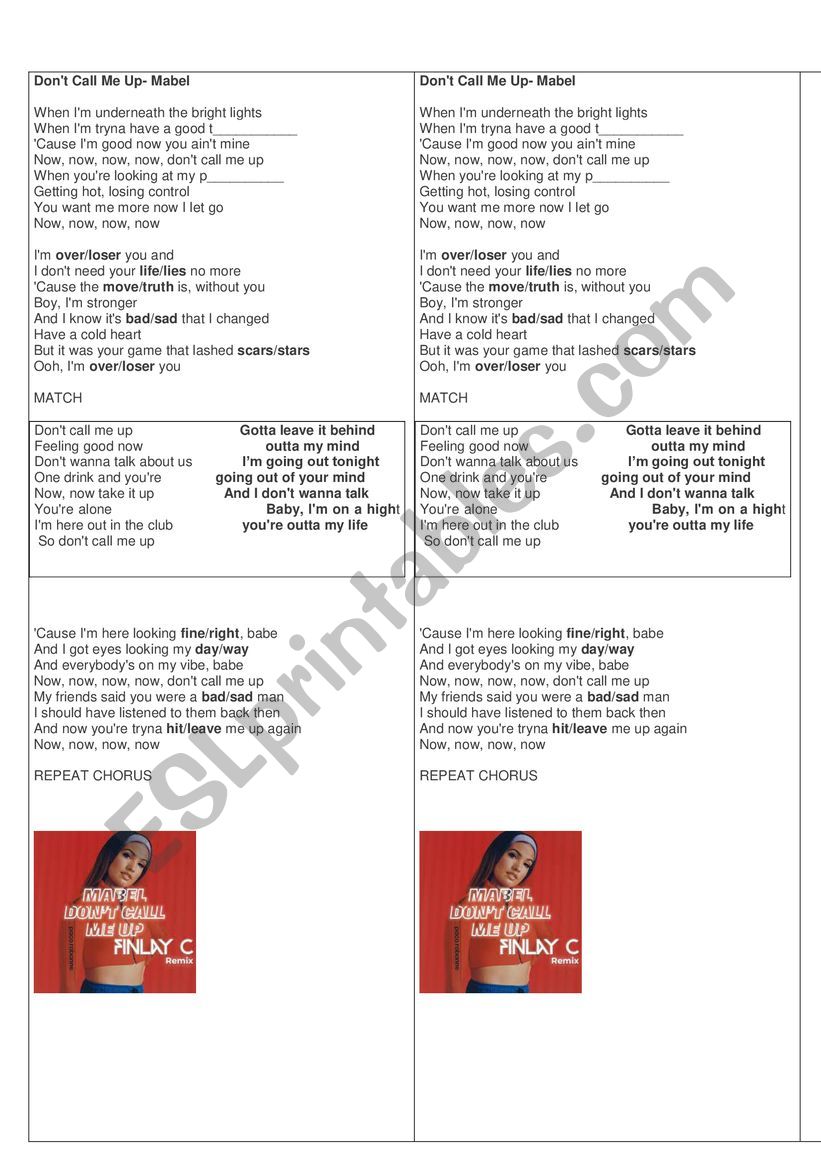

One time, when we were returning from visiting a maiden aunt in Manhattan, I imagined seeing them among the lost and lonely roaming the Bowery. Where they dispersed to each autumn, and how they passed their winters, was a never answered mystery. Yet, for whatever their shortcomings, each June we returned to find Paul and Martin dutifully at work painting bungalows, repairing lawn furniture, seeding gardens, prepping the pool, and apparently genuinely happy to see the return of the summer guests. I remember my mom berating him for lending money to the men, because she was certain the cash would do little else but contribute to their almost constant off-duty state of inebriation. For some reason I failed to ascertain at the ripe age of nine, my dad held a special affinity for both Paul and Martin. My dad had told me that, one day after we’d seen him in town, sucking on a can of Schlitz outside the local grocery. Martin, though, carried a vibrant tattoo of a warship, the USS something or other, on which he had dutifully served during World War Two. Paul had various tattoos over his biceps, but now I can’t quite recall what any were about.

They wore beaten up lace-up boots, even in the dog days of summer, and each man owned a tattered and faded baseball cap that was his daily guard against the sun burning a balding scalp. I remember them always in soiled tee shirts and khaki work pants. They gave the appearance of being old as the mountains, though in looking back I realize they were likely no older than I am today–late thirties, early forties. Both were tall, strong and weather-beaten men. In our small Mountaindale bungalow colony the owner’s right hand men were Paul and Martin. Of all the faceless and nameless men that filled these thankless jobs over so many summers, two stand out in memory. Mostly they did their jobs with little or no notice–repairs to bungalow roofs, minor plumbing, routine carpentry, groundskeeping, pool maintenance. But, for the most part, what drinking they did they did on their own, in their cramped dingy quarters, or in local shot and beer joints we had been instructed to avoid at all costs. The older kids called them “bimmies,” and winos. Too often they caught crap from the colony kids, but it wasn’t warranted and it wasn’t pretty. It might not have been much, but it was dependable, and affordable. Where our parents had friends, family, jobs and community, these guys had the weekly paycheck and what solace there was at the bottom of a bottle. Not bad men, just guys who were older and weary and down on their luck for so long that it had managed to become a chronic condition. Often they’d be gathered in late spring from the county jail, after being arrested for drunk and disorderly.


 0 kommentar(er)
0 kommentar(er)
